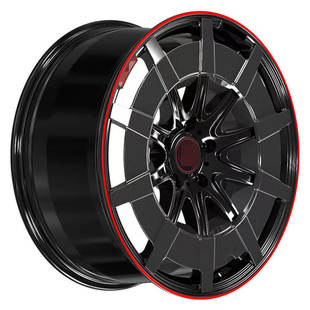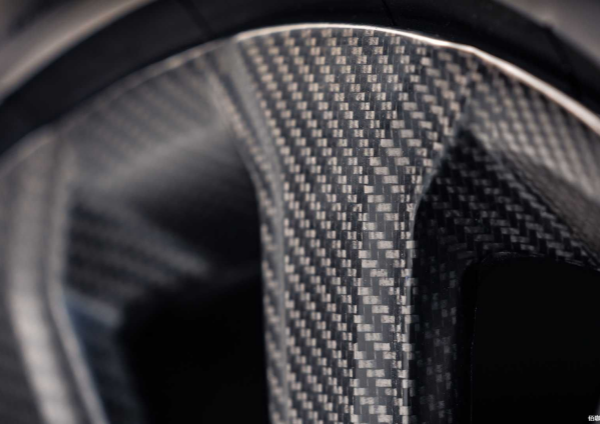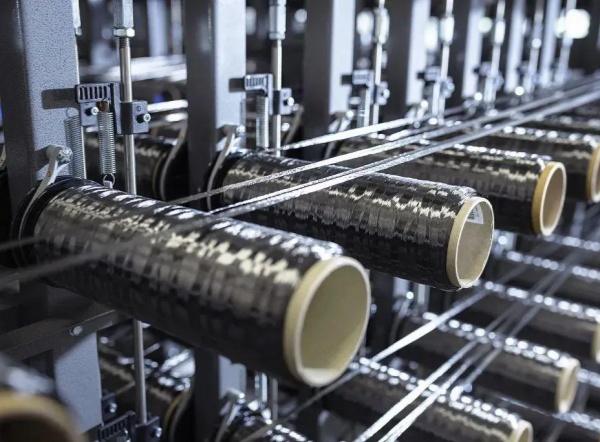

Carbon fiber wheels are gaining popularity in the automotive industry due to their lightweight construction, high strength, and unique aesthetic appeal. There are two primary types: full carbon fiber wheels and carbon-aluminum hybrid wheels, each offering distinct advantages
Full Carbon Fiber Wheels:
Exceptional Lightweight Design: Carbon fiber’s inherent properties allow for significantly lighter wheels compared to traditional materials like aluminum or steel. This reduces unsprung weight, improving handling, acceleration, and fuel efficiency.
High Strength-to-Weight Ratio: Despite being lightweight, carbon fiber wheels are incredibly strong and durable, offering excellent resistance to impact and fatigue.
Enhanced Performance: The reduced rotational mass and improved stiffness contribute to sharper steering response and better braking performance.
Heat Resistance: Carbon fiber’s thermal properties ensure stable performance under high temperatures, making them suitable for high-performance applications.


Carbon-Aluminum Hybrid Wheels:
Optimal Balance of Strength and Weight: Combining carbon fiber with aluminum offers a balance between weight savings and structural integrity. Aluminum is typically used for the wheel’s center section, providing robustness and facilitating efficient heat dissipation.
Customizable Design Options: Hybrid wheels allow for customization in terms of appearance and performance attributes, accommodating various automotive styling preferences and functional requirements.
Improved Manufacturing Efficiency: Integrating carbon fiber with aluminum simplifies the manufacturing process while maintaining the benefits of both materials.
